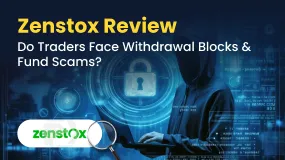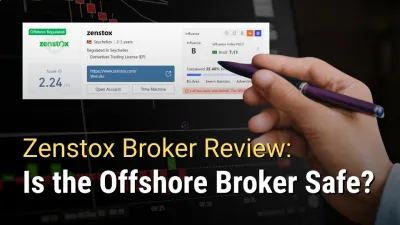Abstract:The UK's Financial Conduct Authority (FCA) has issued guidance to cryptocurrency firms after just 41 of 300 applicants were granted regulatory approval.

After just 14% of the businesses seeking regulatory permission in the nation passed the test, the United Kingdom's financial authority provided recommendations for crypto enterprises.
The comprehensive set of pointers includes what applicants should think about before, during, and after filing their applications for registration to the Financial Conduct Authority (FCA).
According to the article, just 41 of the 300 crypto firms that applied for registration since the agency began its registration process two years ago received complete clearance. According to the authority, 195 firms were either denied or withdrew their applications, while 29 were rejected.
“These comments should assist applicants in preparing their registration application and help make the process as straightforward and efficient as possible,” the message said.
The regulator came under criticism from the sector and even some MPs for not managing the process properly, resulting in a crypto company exodus. The FCA has announced a more welcoming stance, which accords with the government's aim to make the nation into a crypto powerhouse.
Crypto businesses should include specifics of a business model, roles and duties of business partners, and show full enterprise-wide risk-assessment skills while completing their applications. According to the FCA, it should also demonstrate that the company has risk management policies, processes, and controls in place.
Crypto service providers with a registered head office in the United Kingdom and operations in the country are expected to apply to the FCA, and those that do should have a money laundering reporting officer who “should be fully involved in the preparation of the application,” according to the FCA's website.
After submitting an application, “applicants should be proactive and self-reliant,” according to the FCA.
“Applicants must understand that registration is neither a one-time formality nor a tick-box exercise with no subsequent duties or contact with the FCA,” the regulator stressed.
The Financial Services and Markets Bill, which would give the FCA new authority to supervise the crypto business, is now being debated in the United Kingdom.
Stay tuned for more regulatory news.
Install the WikiFX App on your smartphones to stay updated on the latest news.
You can get it through the download link: https://www.wikifx.com/en/download.html or from the App Store or Google Play Store.










